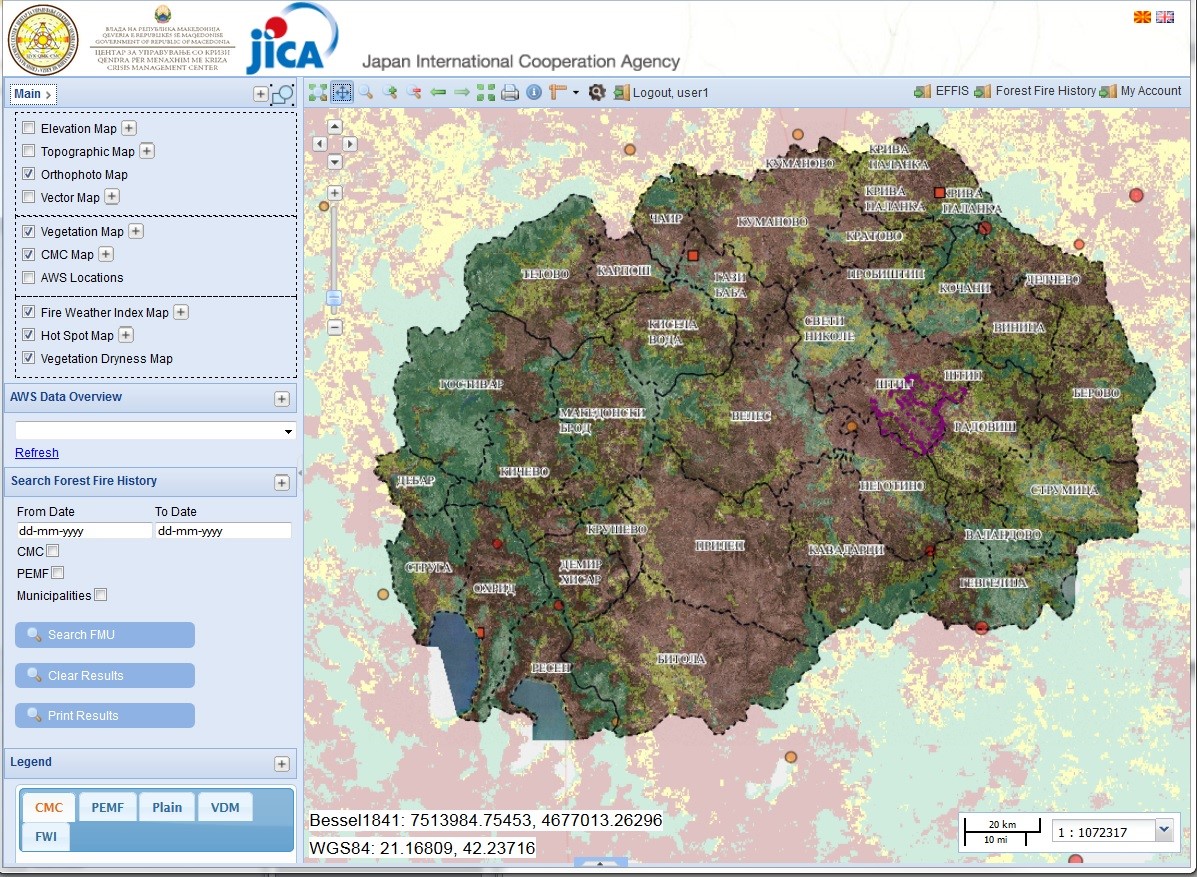Aiming for a resilient society ensuring people’s safety, diverse opportunities and well-being with digital technology.
- JICA Global Agenda - Digital for Development - Leaflet (English) (PDF/3.53MB)
- Programme mondial de la JICA - Développement numérique - dépliant (French) (PDF/3.16MB)
- Agenda Global de JICA - Desarrollo Digital - folleto (Spanish) (PDF/3.20MB)
- Agenda Global JICA - Desenvolvimento Digital - folheto (Portuguese) (PDF/3.16MB)
-
JICA Global Agenda - Digital for Development (Full version) (English) (PDF/507KB)
- Cluster Strategy for Cybersecurity (English) (PDF/1.17MB)
- Cluster Strategy
Objectives of JICA Global Agenda
The goal of the Global Agenda on “the Digital for Development” is to support developing countries to harness benefits, solve challenges, mitigate risks, and achieve positive transformation of their economies and societies through advancing digitalization. Capitalizing the power of the digitalization and data, JICA will support building a better society, which is sustainable, resilient and safe for all the people, and where each and every person
can explore their diverse opportunities and values, thus improving one’s well-being.
Background and Challenges
(1) Current situation and challenges in developing countries
With the rapid progress of digital technology and the increasing volume of data distribution, adaptation to digitalisation is essential for the economic and social development of each country. On the other hand, developing countries do not have sufficient adaptive capacity to promote and benefit from digitalisation in all areas of society, and there is a lack of domestic human resources and industries to take charge of digitalisation. Inadequate information and communication infrastructures (43% of the world's population is without internet) and inadequate response to cybersecurity are also challenges (shortage of 2 million security personnel). In addition, the spread of the new coronavirus infection has further accelerated the growth of the global internet population, further increasing the need for digitalisation in developing countries. Against this background, it is recognised that cooperation in this field is becoming more and more important in the trends in the field of international cooperation, including international organisations and national aid agencies.
(2) Significance of Japan and JICA's efforts
The growth of developing countries and the development of the international community cannot properly proceed without addressing the digitalisation of economic and social activities that is becoming mainstream in the world. Supporting developing countries to reap the benefits and reduce the risks of digitalisation will therefore be an increasingly important theme in the future. A secure cyberspace that extends beyond national borders is also an important matter for Japan, as countries need to work together to build it. Japan is working to realise a human-centred society (Society 5.0) that combines economic development with solutions to social issues by integrating advanced technology into daily life, and reliable and free data distribution (DFFT). As a long-standing cooperation partner with developing countries, JICA is tackling these issues by utilising domestic knowledge and technology.
Focus Areas (“Cluster Strategy”)
(1) Increase development effectiveness and solve development challenges by promoting digitalization and digital transformation among development sectors
- In order to solve various different challenges in the developing countries, JICA will pursue new approaches and technologies based on DX in each area of its support that provide higher outcomes and value addition.
- Through digitisation, issues can be correctly identified and judged, and efficiently and accurately implemented while spreading widely, thereby creating high development impact and contributing to the achievement of the SDGs.
(2) Develop foundations for digitalization (infrastructure, institution, and human resource development)
Development of human resource and industries for digitalization
We will develop human resources that are capable of powering the progress of digitalisation. We will also work to create a private sector/ICT-related industry in which these human resources can play an active role.
Development of digital/ICT infrastructure
In cooperation and sharing with the private sector, cooperation on telecommunications infrastructure requiring public support, including policy support, such as bridging the digital divide (information gap).
Ensuring cyber security
Along with sharing the values of realising a free and secure digital society, the project supports countries in strengthening their cybersecurity response capabilities. Specifically, the project will cooperate in the establishment of policies, systems and organisations for the implementation of cyberspace-related policies and measures, the strengthening of various incident response arrangements, the establishment of a public-private partnership in the public and private sectors, and the improvement of public literacy.
In promoting co-operation in the digital field, the JSC will also actively work with partners from the private sector and public institutions at home and abroad that have effective technologies and knowledge.





scroll